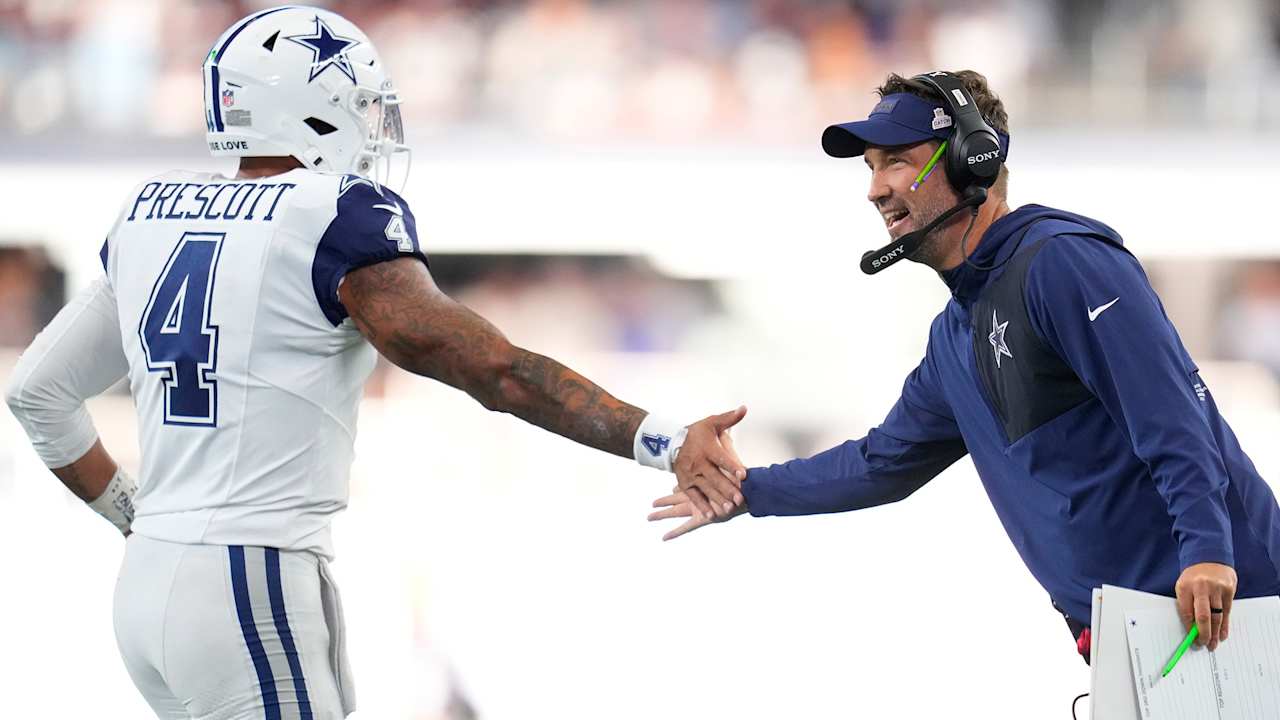The Role of Social Media in Tragedy

Introduction
The recent shooting in the United States has sparked controversy and shock as new details emerge about the suspect's online activity. Tyler Robinson, the alleged shooter, is said to have confessed on Discord before his arrest. According to sources, the 24-year-old had discussions about the killing on the online platform, which has left many questioning the role of social media in such tragic events.
Incriminating Evidence
The use of social media as a tool for confession is not a new concept. In fact, in many high-profile cases, suspects have been found to have left a digital trail of evidence. In this case, Robinson's activity on Discord has raised red flags and provided incriminating evidence. This has led to the suspect's arrest and has opened up a larger conversation about the responsibility of social media platforms in monitoring and reporting suspicious activity.
The Role of Social Media
While social media has its benefits, it also has the power to amplify and spread harmful and dangerous ideas. In this case, it is clear that Robinson's online discussions about the shooting played a role in his arrest. However, it is also important to consider the impact of these platforms on individuals and their mental well-being. As more and more people turn to social media for validation and acceptance, it is crucial for platforms to have measures in place to prevent the spread of harmful content.
About the Organizations Mentioned
Discord
**Discord: Revolutionizing Online Communities** Discord, founded by Jason Citron and Stanislav Vishnevskiy in 2015, is a pioneering social media platform designed initially to facilitate seamless communication among gamers. Citron, having previously founded OpenFeint, a social gaming platform for mobile games, leveraged his experience to address a significant problem: the lack of reliable voice-over-IP (VoIP) solutions for gamers. This led to the development of Discord, a platform that offers real-time text, voice, and video chat services, all accessible at no initial cost. **History and Key Achievements** - **Early Days**: Citron and Vishnevskiy began developing Discord after recognizing the need for a more efficient communication tool for gamers. Their first product, *Fates Forever*, laid the groundwork for Discord's features. - **Launch and Growth**: Discord officially launched on May 13, 2015, with a focus on user-friendly design and minimal performance impact. Its early adoption strategy targeted gaming communities and influencers, which quickly expanded its user base. - **Notable Features**: Discord introduced servers—customizable, invitation-only social hubs where members can collaborate. It also offers cross-platform support and built-in encryption for data security. **Current Status and Notable Aspects** - **Global Reach**: Today, Discord is not just for gamers; it has become a central platform for various online communities, including teens and social groups. - **Innovation**: Discord's use of Elixir for the backend, React for the frontend, and WebRTC for voice communication has enabled high-quality, real-time interactions. Its mobile-first design ensures a seamless cross-platform experience. - **Financial Milestones**: Recently valued at $7 billion, Discord has secured significant funding, positioning it as a major player in the tech industry. Discord's success reflects its ability to adapt and innovate, transforming from a niche gaming tool to a global community platform. Its emphasis on user experience and scalability














